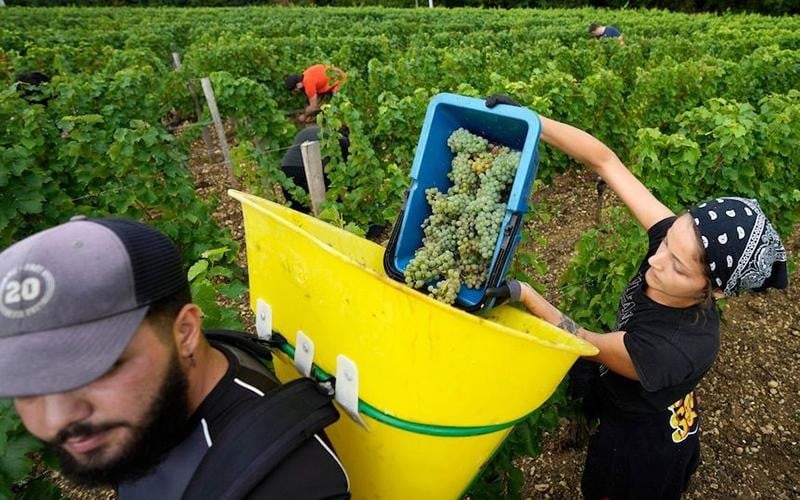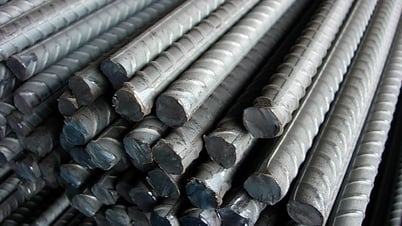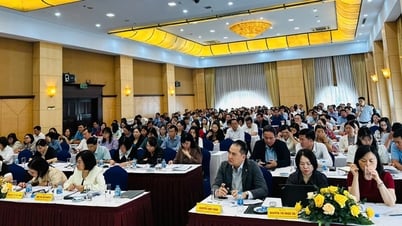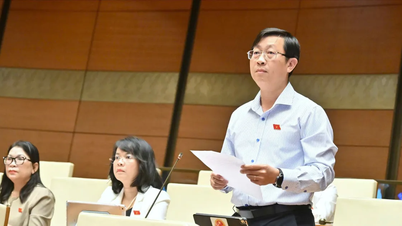The latest reform package, part of a broader “omnibus” simplification initiative launched during Commission President Ursula von der Leyen’s second term, was unveiled in Brussels and focuses on agriculture . Its aim is to reduce unnecessary administrative burdens in implementing the Common Agricultural Policy (CAP), the EU’s agricultural subsidy scheme.
The Commission stressed that the reforms are not only about simplifying processes but also about boosting competitiveness, increasing the resilience of the agricultural sector and promoting digitalization. The new rules aim to streamline on-farm inspections and reporting requirements, and address overlaps in regulations on organic farming and environmental conditions.
One of the most notable proposals is to encourage national governments to create interoperable digital systems, based on the principle of “report once, use many times”. This would allow farmers to submit data through a single platform, reducing paperwork, saving costs and managing farms more efficiently. The reform package is expected to save farmers €1.58 billion a year, with national governments saving an additional €210 million.
Relaxing green regulations: Pragmatic or regressive?
One controversial point of the reform is the relaxation of mandatory environmental conditions attached to CAP subsidies – seen as a response to last year’s farmers’ protests. However, the Commission insists it is not scrapping the CAP’s green architecture, but is taking a more pragmatic approach: eight of the nine environmental conditions remain in place, and member states can use equivalent national regulations to achieve the EU target.
EU Agriculture Commissioner Christophe Hansen explained that if environmental conditions already exist in national law, they will be considered equivalent and will not impose new obligations on farmers. He also acknowledged that applying uniform standards across a diverse agricultural sector is a major challenge, so the EU is moving towards a region-specific approach.
However, Green MP Thomas Waitz from Austria warned that “more flexibility must not come at the expense of protecting the environment and public health,” especially given the growing risk of water pollution from pesticides and fertilizers.
Some critics say the EU is backsliding on its original green commitments, while others say it is a reasonable response to a sustainability strategy that has not achieved the desired results.
New directions in agricultural management
The reform package is seen as a major shift in how the EU runs its agriculture sector, and will form the basis for the post-2027 CAP proposal – expected to be unveiled after the presentation of the EU's long-term budget.
The reform package is seen as a major shift in how the EU runs its agriculture sector, and will form the basis for the post-2027 CAP proposal – expected to be unveiled after the presentation of the EU's long-term budget.
To support small farms, the annual support in the form of payment packages will be doubled from 1,250 euros to 2,500 euros. Another simplified support option will allow small farms to receive up to 50,000 euros to improve their competitiveness.
Farmers affected by natural disasters or animal diseases will also benefit from better emergency support, through more flexible risk management tools in each country's CAP Strategic Plans.
In addition, the EU Agricultural Reserve Fund will only be used for bloc-wide market fluctuations, not for individual national events such as frost, to ensure that the funds are used in the right way.
Member states will also have more flexibility to adjust their national strategic plans – which are sent to Brussels each year to implement the CAP target. Only strategic changes will need prior approval from the Commission, which will speed up the process for farmers to benefit from the new adjustments.
Source: Vietnam Trade Office in Sweden
Source: https://moit.gov.vn/tin-tuc/thi-truong-nuoc-ngoai/uy-ban-chau-au-cong-bo-ke-hoach-lon-nham-don-gian-hoa-quy-dinh-nong-nghiep-eu.html




![[Photo] Top players gather at the 2025 Nhan Dan Newspaper National Table Tennis Championship](https://vphoto.vietnam.vn/thumb/1200x675/vietnam/resource/IMAGE/2025/5/23/9ad5f6f4faf146b08335e5c446edb107)




















































































Comment (0)